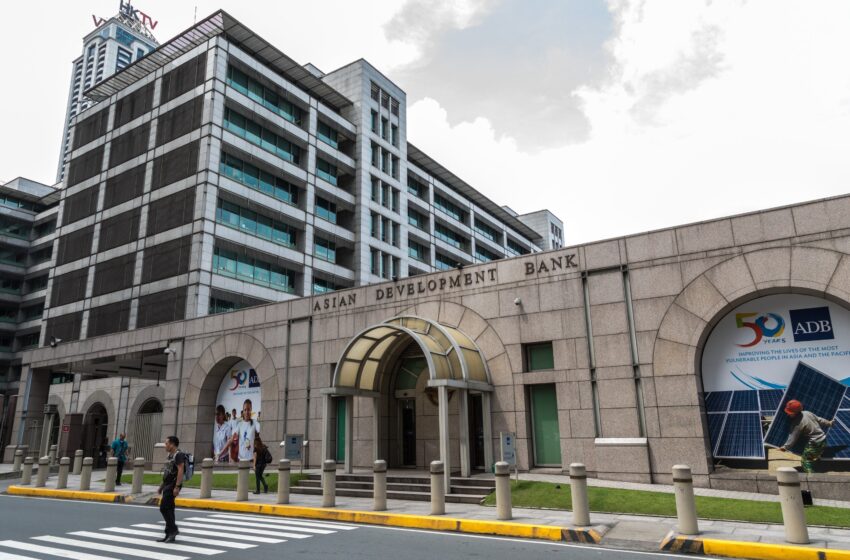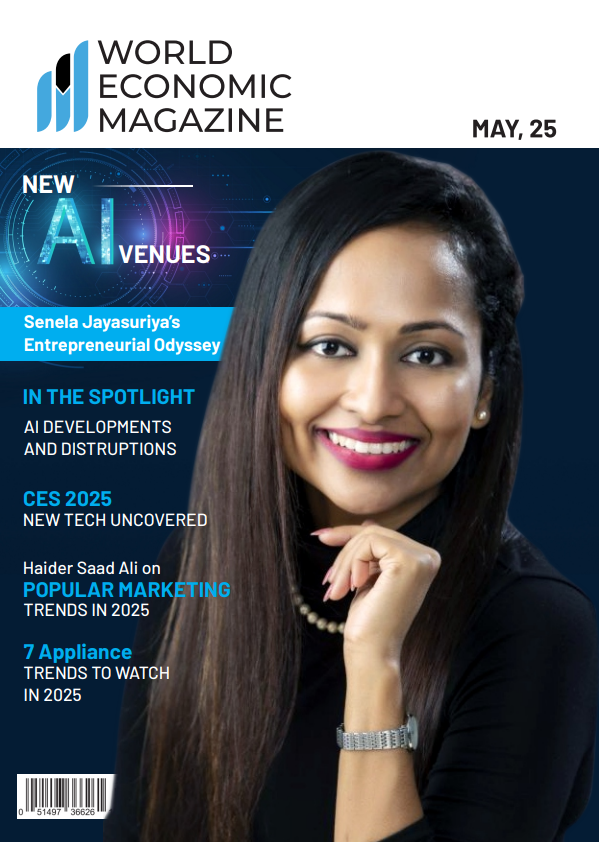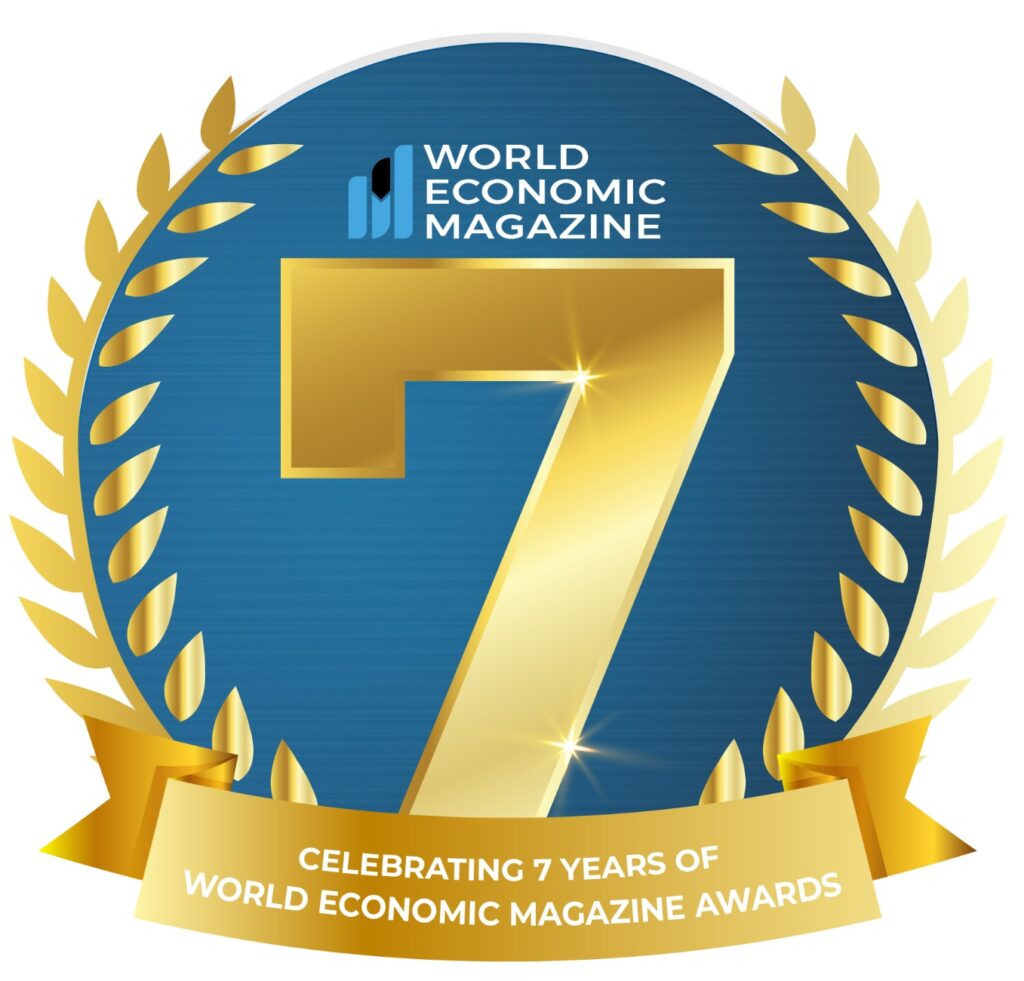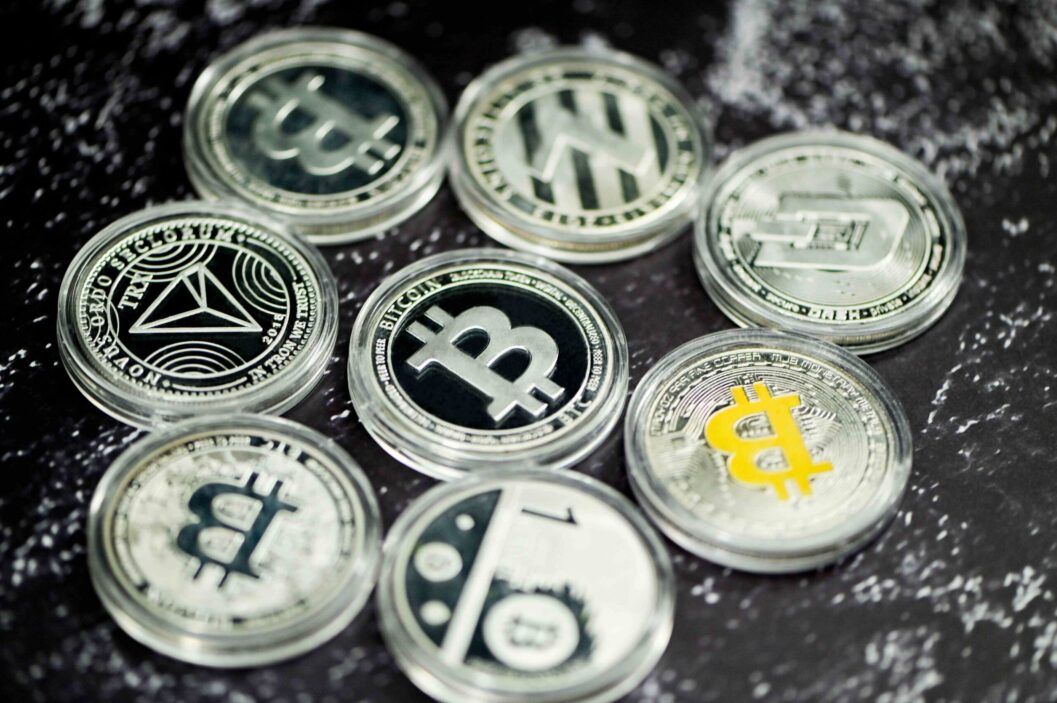
ADB Announces New Programme to Fight Climate Change
The Asian Development Bank (ADB) on Tuesday announced the Innovative Finance Facility for Climate in Asia and the Pacific (IF-CAP), a landmark program which could significantly ramp up support for the region in the battle against climate change.
The announcement was made by ADB President Masatsugu Asakawa on the opening day of ADB’s 56th Annual Meeting in Incheon in South Korea.
According to Asakawa, climate change has become a critical issue of our lifetime and here in Asia and the Pacific, we are on the frontlines of that battle.
“The climate events we have experienced over the past 12 months will only increase in intensity and frequency, so we must take bold action now. IF-CAP is an exciting, innovative program that will have a real impact. And it is another example of how ADB serves as the climate bank for Asia and the Pacific,” Asakawa said.
IF-CAP’s initial partners are Denmark, Japan, South Korea, Sweden, the UK, and the US. Those partners are in discussions with ADB about providing a range of grants for project preparation along with guarantees for parts of ADB’s sovereign loan portfolios.
The reduced risk exposure created by the guarantees will allow ADB to free up capital to accelerate new loans for climate projects. With a model of ‘$1 in, $5 out’, the initial ambition of $3 billion in guarantees could create up to $15 billion in new loans for much-needed climate projects across Asia and the Pacific. A leveraged guaranteed mechanism for climate finance has never been adopted by a multilateral development bank.
IF-CAP financing will contribute to ADB’s raised ambition for $100 billion from its own resources for climate change for 2019–2030. ADB is in discussions with potential partners—such as bilateral and multilateral sources, the private sector, and philanthropies, including the Global Energy Alliance for People and Planet—to catalyse climate investments.
First Time
According to ADB Climate Envoy Warren Evans, this is the first time that any Multilateral Development Bank (MDB) has used this approach, whereby guarantees allow ADB to carve out part of its sovereign portfolio.
“So, what happens is basically a guarantee, let’s say of a billion dollars, will allow us to free up about $4 billion to $5 billion of climate finance, for new projects. And this is the first time that climate finance is being leveraged in this way,” he said.
Normally, climate finance means a dollar in to a GCF, or a climate investment fund or some similar facility results in a dollar out, he said.
“But for us, what we’re getting is $1 in, and $4 or $5 out. And another part of this is very interesting is that because this is part of our sovereign portfolio, we have a very good track record, almost no defaults on us on our sovereign lending. And so, the likelihood is that the donor that puts in $1, will get that dollar back,” he added.
ADB is committed to achieving a prosperous, inclusive, resilient, and sustainable Asia and the Pacific, while sustaining its efforts to eradicate extreme poverty. Established in 1966, it is owned by 68 members—49 from the region.






